
Xubuntu Linux 25.10 released with improved Wayland support and Xfce 4.20
Xubuntu 25.10, the latest community-developed release of the lightweight Ubuntu-based distribution, is now available to download. As well as stability and usability tweaks there’s improved Wayland support. This version of the OS will receive support until July 2026.
This release follows the arrival of Ubuntu 25.10 ‘Questing Quokka’ yesterday, and offers many of the same under-the-hood improvements, including better security, performance, and device compatibility.

Ubuntu Linux 25.10 'Questing Quokka' arrives with memory-safe system tools and better hardware support
Ubuntu Linux 25.10, codenamed “Questing Quokka,” is now available to download. This interim Ubuntu release focuses on improving security, performance, and accessibility, laying the groundwork for next year’s long-term support version.
25.10 introduces memory-safe implementations of key tools, a refreshed desktop, and better hardware compatibility across a wider range of devices. The latest Linux release also arrives with GNOME 49, a new version of Ubuntu’s default desktop environment that includes lock screen media and power controls, improved accessibility options, and support for HDR brightness settings.

Red Hat confirms hackers have breached GitLab instances and stolen data
A group of hackers calling itself the Crimson Collective says that it has compromised GitLab instances belonging to Red Hat and stolen hundreds of gigabytes of data.
Red Hat has confirmed that it has suffered a data breach, but is yet to provide much in the way of details. The hacking group says that it managed to access 28,000 internal development repositories, and has stolen almost 570GB of compressed data.

MX Linux 25 beta arrives with Debian 13 base and updated desktops
The MX Linux team has released the first beta of MX Linux 25, a major update that moves the distribution to a Debian 13 base. The beta is available in multiple editions, including both systemd and SysVInit options for Xfce and Fluxbox. KDE Plasma is offered with systemd only.
The announcement says, “MX-25 beta 1 is now available for testing. MX-25 is built from debian 13 ‘Trixie’ and MX repositories, along with the antiX live system. Systemd and SysVInit editions are provided and supported.”

With Windows 10 support ending soon, Zorin OS 18 Beta arrives as the ultimate alternative to Windows 11
Want to know a secret? If you don’t like Windows 11, you don’t actually have to use it! I know, shocker right? With Windows 10 support ending on 14 October 2025, millions of PCs will soon be left behind. For users who want to keep their existing desktop or laptop, Linux offers another way forward, and Zorin OS is one of the best Windows alternatives around.
Zorin OS 18 has now entered beta, giving Windows 10 users a chance to try a modern desktop that feels familiar without demanding new hardware or chucking you in at the deep end.
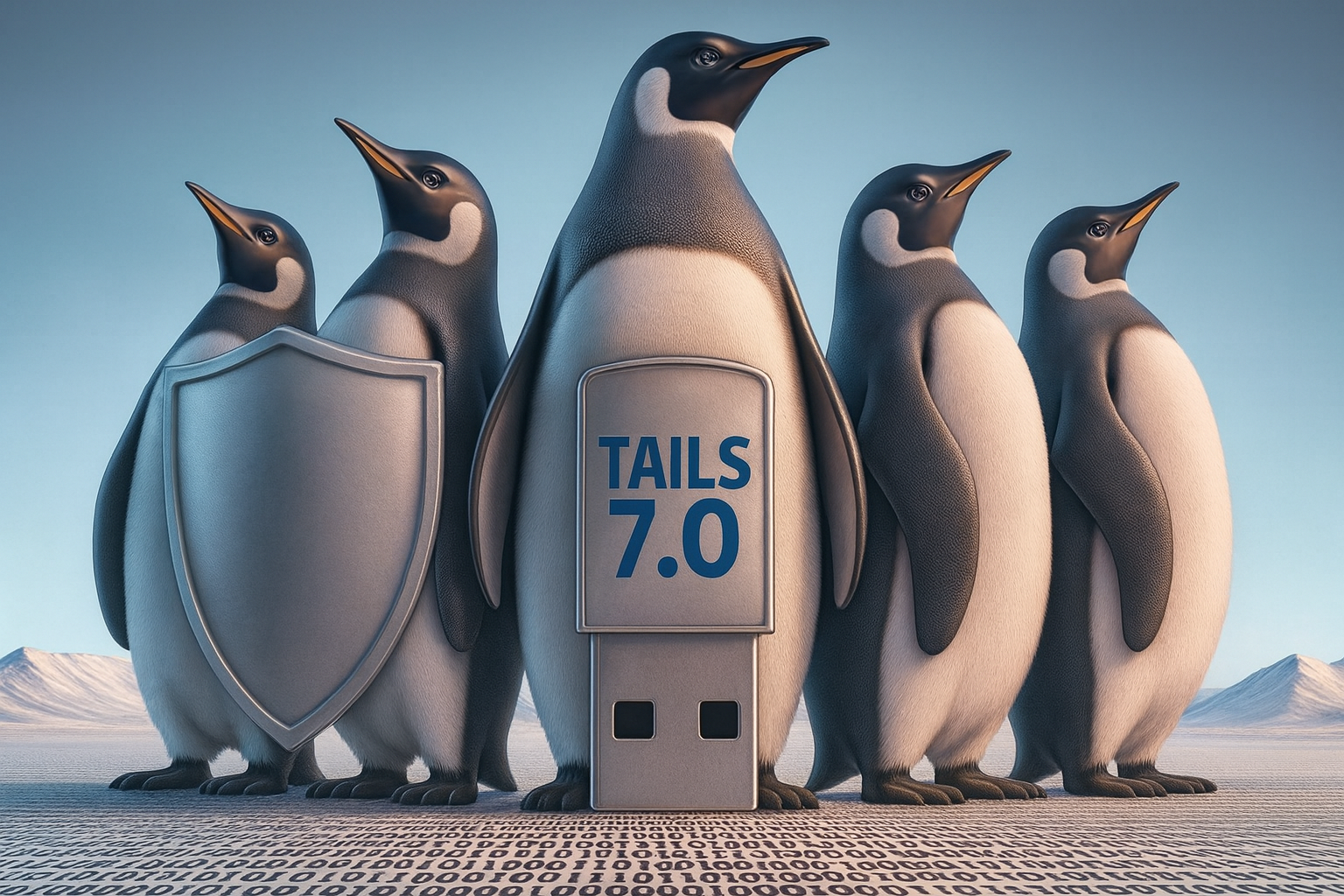
Tails 7.0, the privacy-focused Linux OS, arrives with Debian 13 and GNOME 48
Tails 7.0 has just arrived, offering a refreshed version of the privacy-focused operating system built on Debian 13 “Trixie” and GNOME 48 “Bengaluru.”
The OS is faster, core applications have been updated, and hardware support expanded, giving users who depend on Tails for anonymity additional tools and an overall nippier performance.

SparkyLinux 9 'Tiamat' arrives with updated kernel and software packages
SparkyLinux 2025.09 “Tiamat” has been released, offering users a lightweight Debian-based distribution aimed at both modern and older computers. The new version is built on Debian Forky testing and provides updated packages, kernel 6.16.7, and an updated desktop environments for a faster and more configurable alternative to Windows 10.
The release introduces new ISO images of the semi-rolling line, all under the “Tiamat” codename.
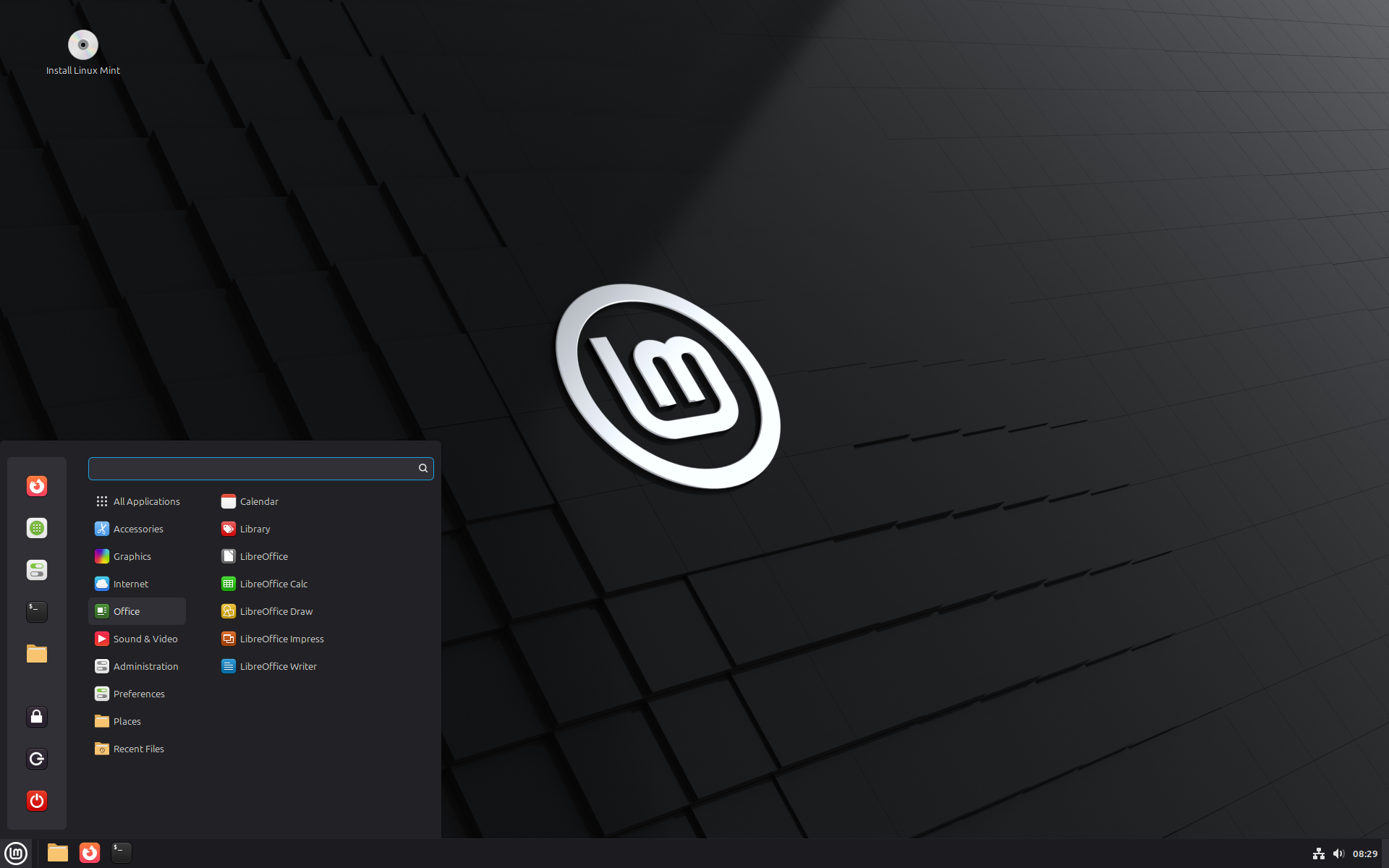
Linux Mint 22.2 Zara arrives as a long term support release backed until 2029
Popular Ubuntu-based distribution Linux Mint has been updated to version 22.2, codenamed Zara. This new long term support version promises updates until 2029.
The login screen has been revised in this build with support for user avatars and a blur effect on panels and dialog boxes.
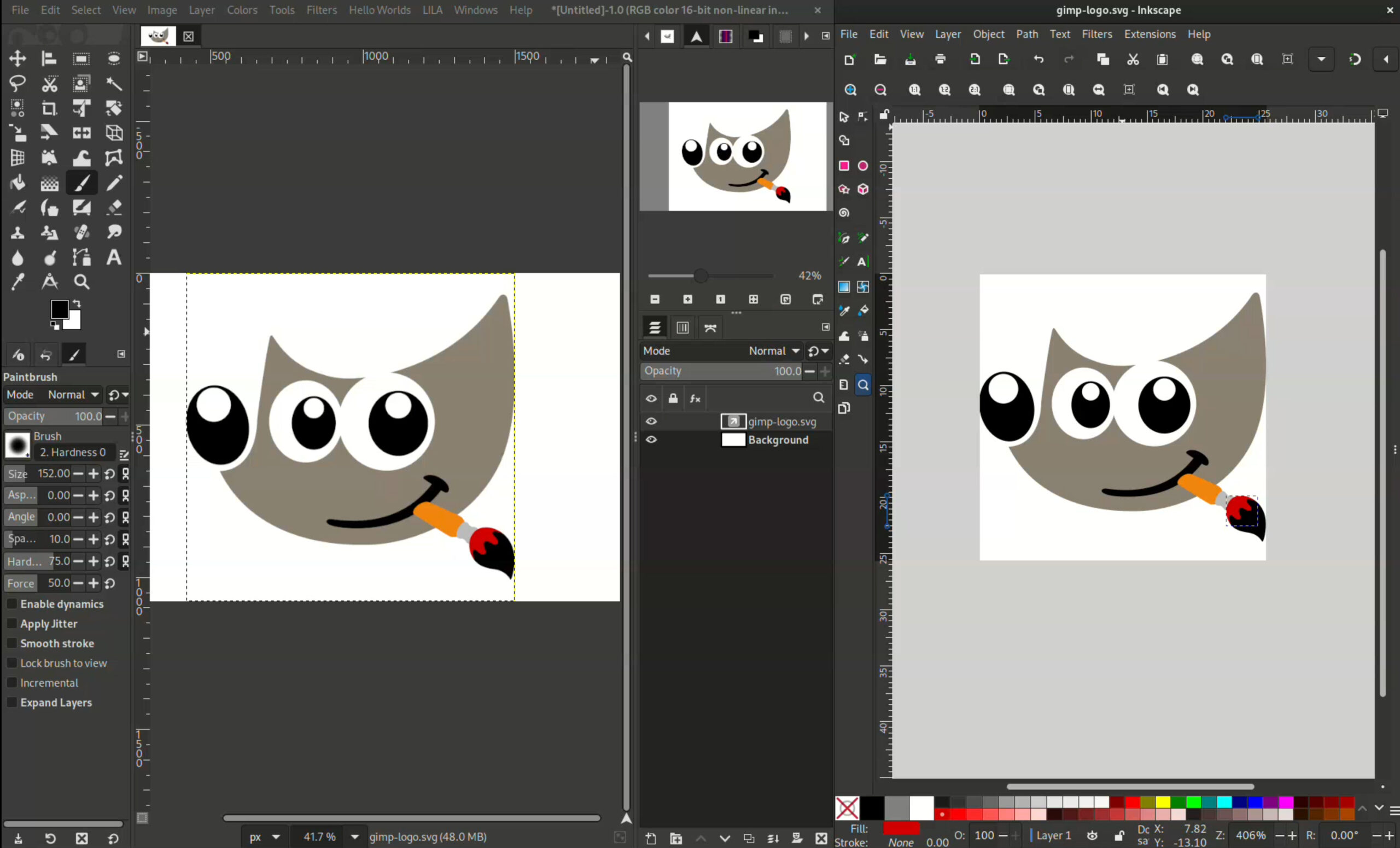
GIMP 3.1.4 is here -- the best free Photoshop alternative gains link and vector layers
When people ask whether Linux can run Photoshop, the answer is usually no. But many users discover that GIMP is not only a capable alternative, it offers features that stand on their own. The latest development release, GIMP 3.1.4, moves closer to the upcoming 3.2 milestone, introducing early versions of two highly requested features, along with a wide range of updates across the full application.
GIMP 3.1.4 marks the second development release leading up to GIMP 3.2 and adds link layers and vector layers, both designed for non-destructive editing.
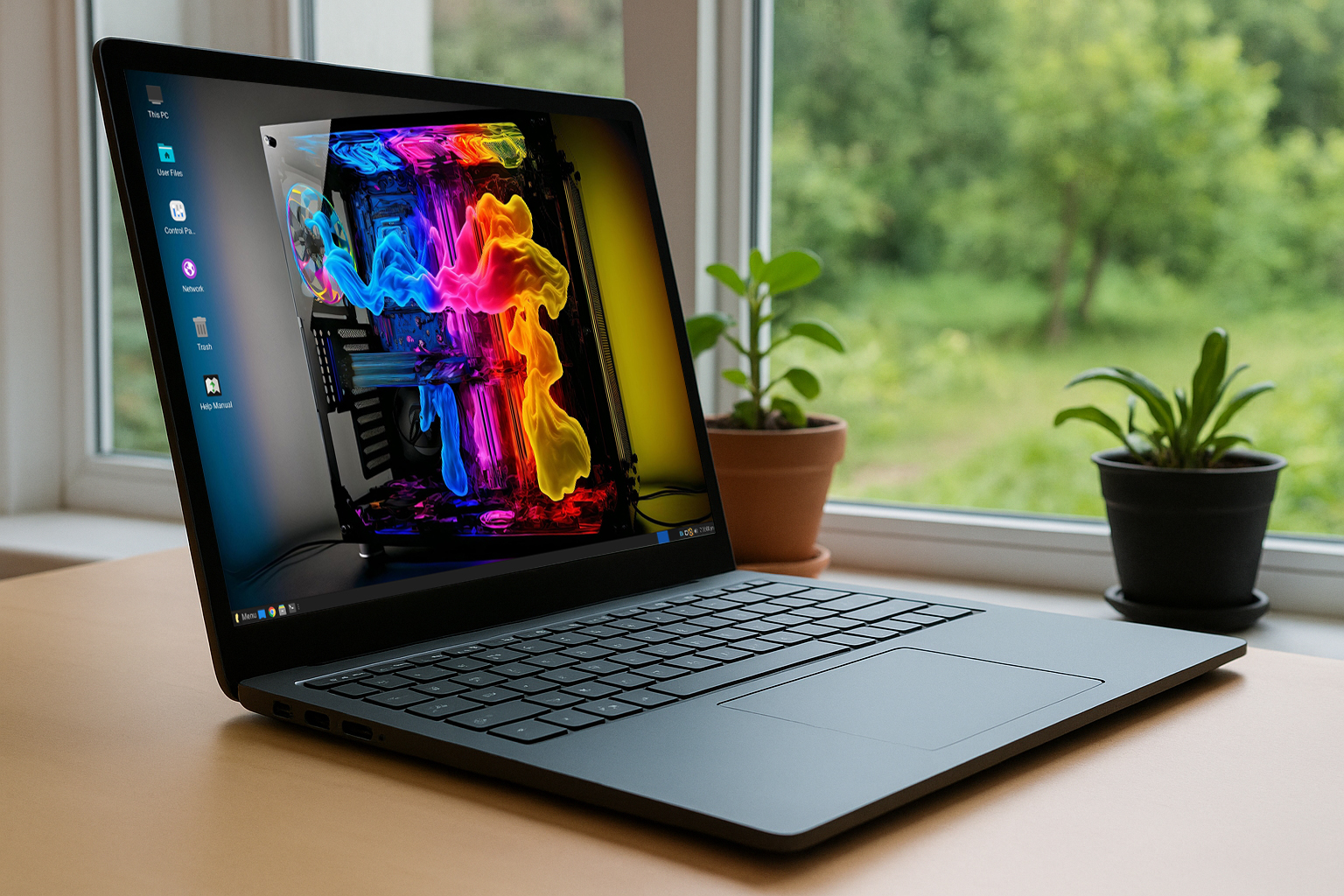
Linux Lite 7.6 is the perfect Windows 11 alternative for older PCs
Linux Lite has released version 7.6, an update to the superb Ubuntu-based distribution aimed at Windows users seeking a simple Linux alternative. If you’re using aging hardware or just fed up with Windows 11, this might be the lightweight Linux distro you’ve been waiting for.
Arriving as Microsoft moves toward ending Windows 10 support, the release introduces a new community-driven Wiki for documentation alongside updates to default applications and desktop tools.

Wine 10.14 released with library upgrades, network improvements, and bug fixes
Wine has released version 10.14 of its popular compatibility layer which makes it easy to run Windows applications on Linux. The update includes an upgraded vkd3d library, now at version 1.17, an updated Mono engine at version 10.2.0, IPv6 ping support, Gitlab CI running on Debian Trixie, and a set of bug fixes.
Wine takes its name from the recursive acronym “Wine Is Not an Emulator,” because although it may seem like it emulates Windows, it actually translates Windows system calls directly into Linux ones. This allows many Windows apps, including games and productivity software, to run almost as smoothly on a Linux OS as they would on Microsoft’s own operating system.

This updated Windows 11 clone is Linux underneath and makes your old PC run faster -- get it now
Windows 10 is edging ever nearer towards the end of its support period, which means no more security patches or updates for millions of PCs. Users will either need to run their systems without protection or upgrade to Windows 11, which has more demanding hardware requirements.
For many older laptops and desktops, Windows 11 is not an option, and this is where Linuxfx comes in. Just updated to version 11.25.09 “NOBLE”, the latest version of the Windows-style Linux distribution offers a familiar environment that runs faster on aging machines.
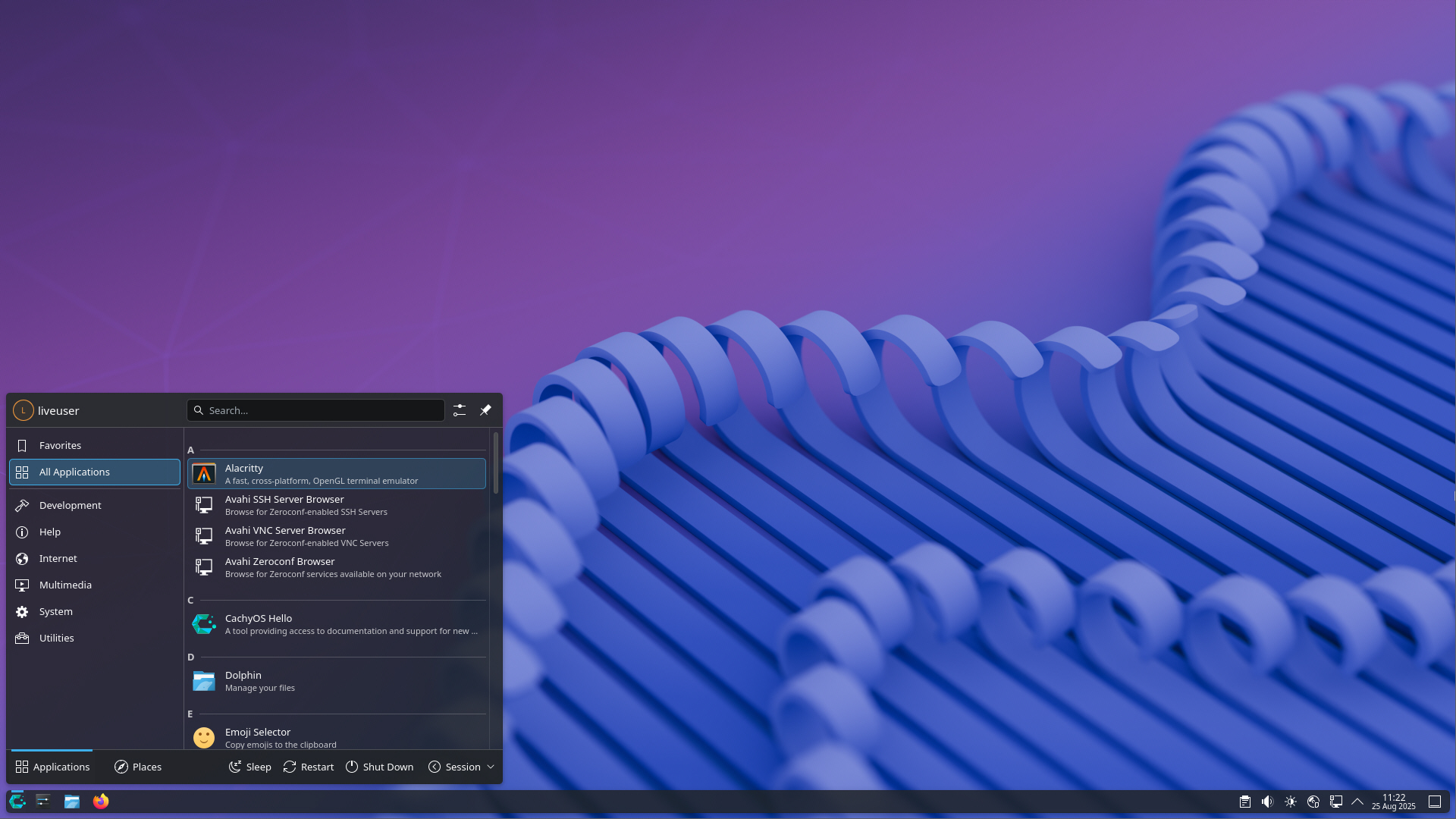
CachyOS Linux update delivers speed, security and reliability improvements
CachyOS, a Linux distribution based on Arch Linux, has released its sixth update of the year. The OS focuses on speed and stability while offering a wide choice of desktop environments and window managers.
This update introduces a new package dashboard, a fallback kernel for stability, and a range of improvements to its gaming and installer tools, making it a strong option for users looking to switch from Windows 10 in light of the Microsoft OS's impending end of life.
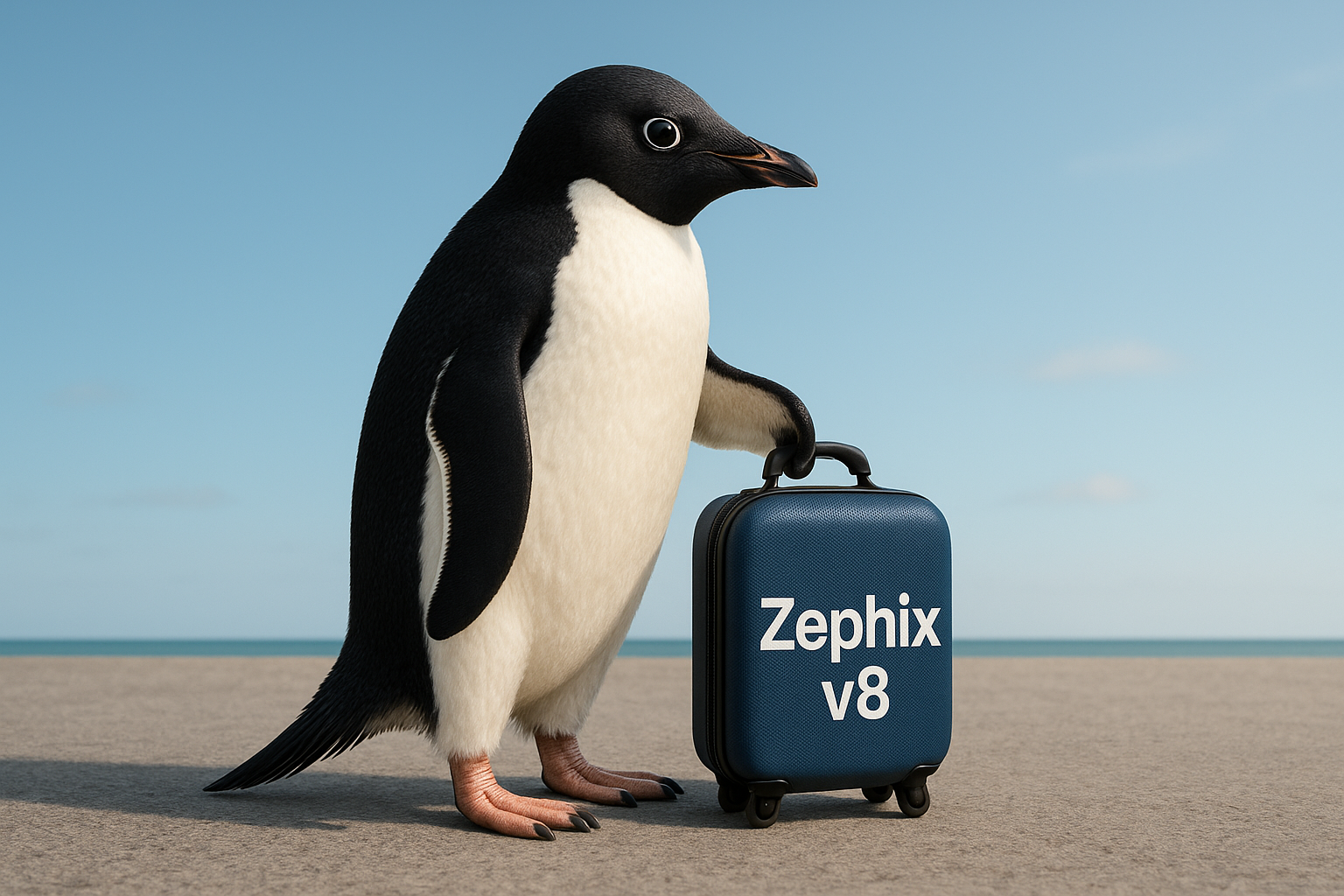
Lightweight Zephix v8 Linux OS focuses on portability and efficiency
Zephix version 8 has just been released, with the lightweight Linux distro taking a new approach.
The OS still focuses on simplicity and speed but moves away from a modular system. With i3 chosen as the sole desktop interface, included firmware for broad hardware support, and a carefully selected software set, Zephix aims to be a fast and easy-to-use daily driver.

LibreELEC 12.2 arrives with Kodi 21.2 'Omega' and better Raspberry Pi support
LibreELEC has released version 12.2 of its lightweight Linux distribution, which is built specifically to run Kodi. The new update focuses on hardware support, removal of older components, and the integration of Kodi 21.2 ‘Omega’.
Users gain access to the current stable build of the popular home theater software in which Kodi developers backported a small set of improvements after the original 21.2 release. No 21.3 version is currently planned.
